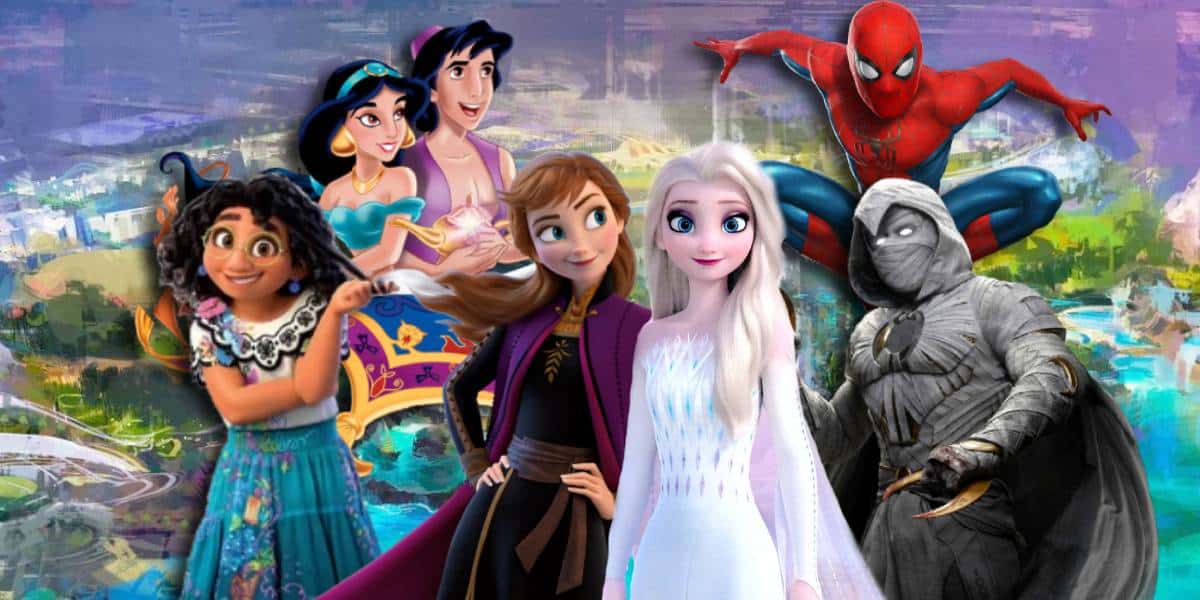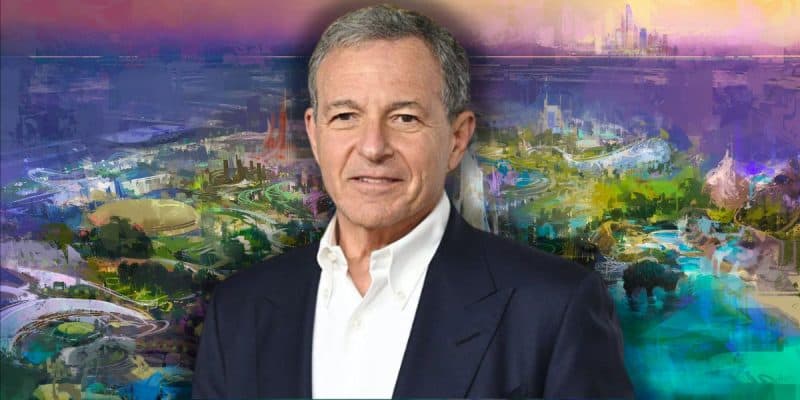Disney CEO Bob Iger is rumored to have canceled plans for a Disneyland in one Middle Eastern country in favor of another, more restricted location.

Shock. Disbelief. Heated online threads: Disney CEO Bob Iger Cancels Middle East Disneyland?
That’s the reaction many Disney fans are having after a new rumor revealed that Abu Dhabi wasn’t Disney’s first pick for its next international theme park location.
What’s more surprising? Disney CEO Bob Iger reportedly shut down an even bolder—and far more controversial—proposal before the Abu Dhabi deal was finalized.
Why did Iger turn down Saudi Arabia as a potential home for the next Disneyland? And what does this reveal about Disney’s global strategy… and its moral compass?

Disney’s Middle East Expansion Has a Hidden Chapter
The magic of Disney is going global again—but not without controversy. Earlier this year, Disney stunned fans with the announcement of its new theme park destination: Abu Dhabi, in the United Arab Emirates. But a new report suggests the story almost played out very differently.
In a recent episode of The Town podcast, entertainment journalist and Puck News co-founder Matt Belloni dropped a behind-the-scenes bombshell. While discussing the structure of the Abu Dhabi deal with Bloomberg’s Lucas Shaw, Belloni casually revealed:
“I heard there was a proposal on the table for this to be in Saudi, and Iger vetoed it.”
If true, this rumor uncovers a pivotal moment in Disney’s international development—one where Iger made a firm, perhaps unexpected, ethical decision.

A Moral Line in the Sand?
Belloni elaborated on the alleged veto, suggesting Iger simply “would not go into business with the Saudis.” Though Abu Dhabi is close in proximity and shares several socio-political values with Saudi Arabia—particularly in areas where Western companies often face criticism—Iger reportedly saw a line he wouldn’t cross.
And yet, critics argue that line might be thinner than Disney would like to admit.
Belloni added pointedly, “Abu Dhabi is like one step removed there. They still don’t allow gay people. Homosexuality is illegal, and that’s sort of burning up the Disney message boards this week.”
The online fan community has been vocal about the perceived hypocrisy. Disney, a brand that publicly champions diversity and inclusion, has chosen to expand into a region where LGBTQ+ rights are virtually nonexistent.

Why Abu Dhabi Made the Cut—And What It Means
According to Iger, Disney has been eyeing the Middle East since 2017. It wasn’t until his return as CEO in 2022 that serious talks resumed, ultimately leading to the groundbreaking Abu Dhabi partnership.
During the announcement, Iger called the UAE—and Abu Dhabi in particular—the “perfect” place for a Disney park. But that statement raised eyebrows, especially considering the region’s troubling track record on human rights.
The decision to move forward in Abu Dhabi echoes previous challenges Disney has faced. For example, Pixar’s Lightyear was banned in the UAE due to a brief same-sex kiss—highlighting a disconnect between Disney’s storytelling values and the cultural norms of its new partners.

Money vs. Mission: Is Disney Walking a Tightrope?
What makes this rumor even more compelling is the broader implication: has Disney started to compromise its identity for the sake of expansion?
Despite the backlash on fan forums and social media, the company has faced little mainstream media criticism about the Abu Dhabi park. This raises questions about accountability—not just for Disney, but for the press and public as well.
Matt Belloni and Lucas Shaw speculated that the lack of noise might stem from strategic PR management or the public’s desensitization to corporate partnerships in restrictive countries.
Still, the debate lingers: If Disney rejected Saudi Arabia over values, is Abu Dhabi really any better? Or has the line between ethics and economics become too blurry to follow?

What’s Next for Disney’s Global Footprint and Disney CEO Bob Iger?
If the rumor is true, Iger’s decision to veto a Saudi Arabian Disneyland shows that internal debates over values are still alive at the corporate level. However, the greenlighting of Abu Dhabi suggests those lines are negotiable—depending on the deal.
As Disney continues to expand globally, fans and critics alike will be watching to see whether the House of Mouse sticks to its principles—or simply learns to repackage them.
For now, the dream of Disneyland in the Middle East is becoming a reality—just not in the way everyone expected.
But one question remains: If Disney can overlook Abu Dhabi’s human rights record, where won’t it go next?
Source: BlogMickey
